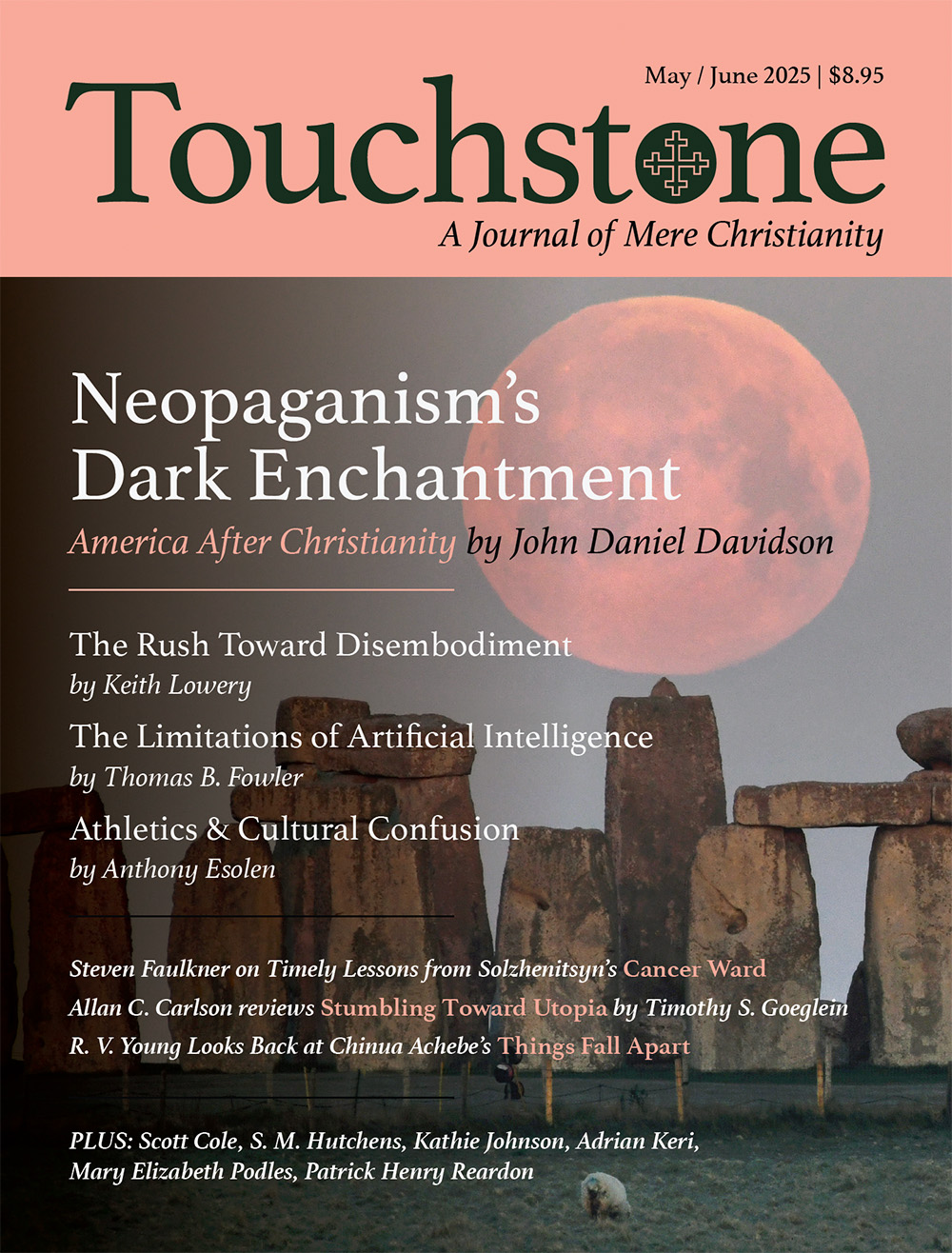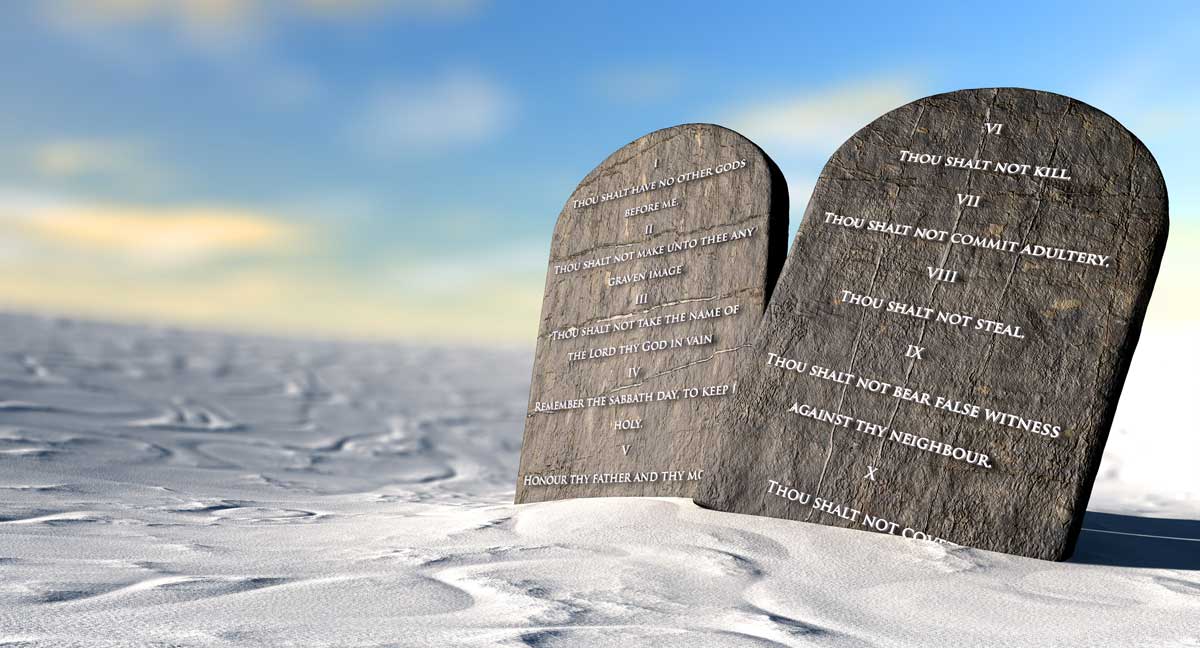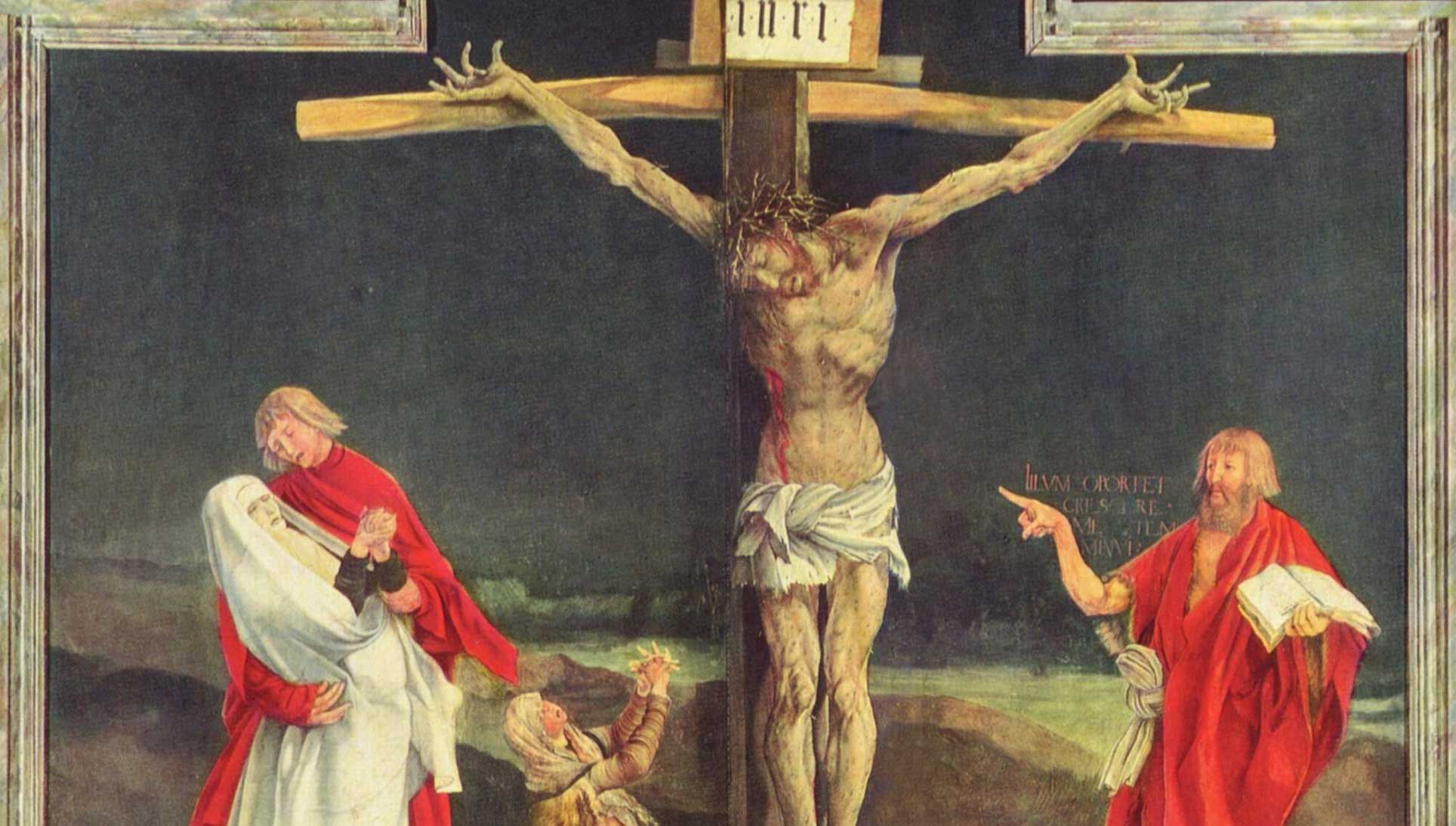Little Acquiescences
Student protests. They’re here again. Demonstrations, sit-ins, occupations of administrative buildings, tent encampments, placards, shouting, cursing, destruction of university facilities. Some of us are old enough to remember the late 1960s and early 1970s. I finished high school in a quiet Midwestern town that was home to a state agricultural college that had blossomed into a quiet university: Kansas State University in Manhattan, Kansas. Students and town inhabitants were concerned about the Vietnam War; television news reminded us of it every night, and Fort Riley, a few miles away, was funneling soldiers there, but most of us were more interested in the college basketball team and its sudden run of victories than in national or foreign affairs.
In 1968, I left for a college near Chicago, but over the next several years, student demonstrations and street riots erupted across the country: race riots in Detroit and Harlem, war protests in Washington, D.C., snipers on rooftops picking off the firemen and policemen sent to quell arson fires in Indiana; in my hometown, student arsonists burned down a Kansas State gymnasium. There were underground revolutionary groups like the Weathermen, who were quite willing to use violence. The immediate causes of student unrest were, in some ways, different then, but the instigators look remarkably the same these days. And, now as then, graduate teaching assistants, lecturers, adjunct professors, and tenured professors often support, even foster, student protests. Ideologies, from Marxism to feminism to anti-colonialism and Derrida’s deconstructionism had been festering and developing on campuses for years while Judeo-Christian ethics were being abandoned.
Silent & Compliant
Recently, I reread Alexander Solzhenitsyn’s marvelous novel Cancer Ward. I’d forgotten how Solzhenitsyn, like Dostoevsky before him, reveals a wide range of ideologies current in his day by way of his characters. Toward the end of the novel, we get to know a librarian who is about to be operated on for rectal cancer. His name is Aleksei Shulubin. After the Communist Revolution, he had become a university teacher in Moscow. Oleg Kostoglotov, the novel’s main character (who, like Solzhenitsyn himself, had spent years in a concentration camp for political dissent and had also contracted cancer), gets into a conversation with Shulubin.
It was early spring, and Oleg Kostoglotov was dragging his ailing body around the hospital grounds to find some sunlight and get out of the crowded ward of cancer patients. On one of the pathways, he spots his fellow patient Shulubin, “sitting on a wretched-looking, backless narrow-plank bench.” Because of Shulubin’s rectal cancer, the man is “perched on his thighs.” He “seemed to be bent backward and forward at the same time, his arms stretched out and his interlocked fingers clasped between his knees. Sitting there, head bowed, on the lonely bench in the sharp lights and shadows, he looked like a monument to uncertainty” (434). Shulubin had once been quite certain of his convictions, a true believer in the Communist Revolution, who was willing even to condemn those he knew to be innocent if the Party called for it.
But with time, Shulubin has begun quietly to question the Party’s outrageous claims: “What sort of person do you have to be to believe?” he asks Oleg. “What sort of man are we talking about?”
Suddenly all the professors and all the engineers turn out to be wreckers, and he believes it! The best Civil-War divisional commanders turn out to be German and Japanese spies, and he believes it! The whole of Lenin’s old guard are shown up as vile renegades, and he believes it! His own friends and acquaintances are unmasked as enemies of the people, and he believes it! Millions of Russian soldiers turn out to have betrayed their country, and he believes it all! Whole nations, old men and babies, are mown down, and he believes it! Then what sort of man is he, may I ask? He’s a fool. But can there really be a whole nation of fools? No, you’ll have to forgive me. The people are intelligent enough, it’s simply that they wanted to live. (438)
Oleg debates him, tells Shulubin he’s being too harsh. But the old man doesn’t back down.
How did this “true believer” survive all those years of political oppression under Stalin and his sycophants?
I saved myself only because I bowed low and kept silent. I kept silent for twenty-five years—or maybe it was twenty-eight. . . . First I kept silent for my wife’s sake, then for my children’s sake, then for the sake of my own sinful body. But my wife died. And my body is a bag full of manure—they [the doctors] are going to drill a hole for it on one side. And my children have grown up so callous it’s beyond comprehension. (441)
He looks back on his life. He had graduated from an agricultural academy, then did advanced work in historical and dialectical materialism, i.e., communist ideology.
I was a university lecturer in several subjects, and in Moscow at that. But then the oak trees began to topple. . . . Professors were being arrested by the dozen. We were supposed to confess our “mistakes”? I confessed them! We were supposed to renounce them? I renounced them! A certain percentage managed to survive, didn’t they? Well,
Steven Faulkner teaches creative writing at Longwood University in southern Virginia. He is the author of Waterwalk: A Passage of Ghosts (2007) and Bitterroot: Echoes of Beauty and Loss (2016). Both books are memoirs of father-son journeys that followed the paths of missionary priests: Marquette (in Waterwalk) and De Smet (in Bitterroot).
subscription options
Order
Print/Online Subscription
Get six issues (one year) of Touchstone PLUS full online access including pdf downloads for only $39.95. That's only $3.34 per month!
Order
Online Only
Subscription
Get a one-year full-access subscription to the Touchstone online archives for only $19.95. That's only $1.66 per month!
bulk subscriptions
Order Touchstone subscriptions in bulk and save $10 per sub! Each subscription includes 6 issues of Touchstone plus full online access to touchstonemag.com—including archives, videos, and pdf downloads of recent issues for only $29.95 each! Great for churches or study groups.
Transactions will be processed on a secure server.
more from the online archives
calling all readers
Please Donate
"There are magazines worth reading but few worth saving . . . Touchstone is just such a magazine."
—Alice von Hildebrand"Here we do not concede one square millimeter of territory to falsehood, folly, contemporary sentimentality, or fashion. We speak the truth, and let God be our judge. . . . Touchstone is the one committedly Christian conservative journal."
Support Touchstone
—Anthony Esolen, Touchstone senior editor










